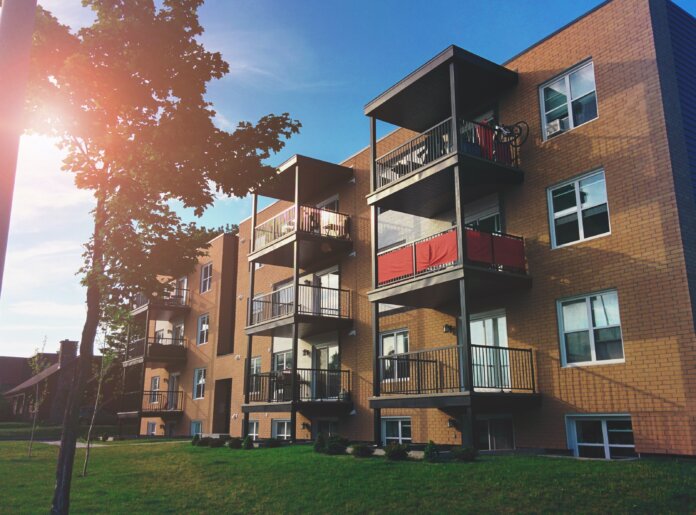BLOG VIEW: Similarly to other states and territories of the United States, Hawai’i has experienced difficulties with providing affordable housing units for sale to its low income residents. To address that issue, the Hawai’i legislature created the Hawaii Housing Finance and Development Corp. and tasked it with growing the number of available low income housing units within the state. In addition to this state initiative, individual counties and cities were encouraged to create low income housing units within their borders. For purposes of this article, the HHFDC and city and county governments are referred to collectively as the “Housing Authority.”
The legislature wanted to make sure that low income housing units developed by the HHFDC were only sold to the low income residents of the state who utilize such units as their primary residences. Accordingly, the Housing Authority developed an application process, which ensures that the units designated as low income housing are sold only to applicants who meet the strict eligibility criteria, which of course include income restrictions. Information on the low income housing units, such as the available inventory, application deadlines, income guidelines, etc. can be obtained on HHFDC’s website.1
Successful applicants are able to purchase housing units from the developers at prices that are significantly discounted from their fair market value. However, as a condition for such discount, the Housing Authority imposes certain restrictions on use, sale, and transfer of such units. These restrictions are imposed on the units for a specific period of time2 and are treated as a first-priority lien on appreciation of the property.3
The scope and terms of the restrictions are made part of the public record via recorded deeds between the Housing Authority and property developers and are subsequently incorporated by and restated in deeds entered into between developers and low income borrowers. A violation of the restrictions arguably entitles the Housing Authority to, among other things, an immediate repayment of the Housing Authority’s share of its net appreciation of the encumbered property4 plus interest, which can be enforced through foreclosure of the property.5 The term “net appreciation” refers to the portion of property’s fair market value to which the Housing Authority claims entitled to under its first-priority lien.6 The Housing Authority’s net appreciation share is generally calculated based on a formula that is specified in the recorded deeds listed above.
Unfortunately for mortgage lenders and loan servicers, during the pendency of the restriction period, some low income borrowers attempt to refinance their original purchase money loans for which low income housing units serve as security. While such refinance loans are generally not outright prohibited, they can violate the use, sale, and transfer restrictions imposed by the Housing Authority and can subject lenders and servicers to damages and, potentially, to a loss of property through foreclosure. As explained above, a violation of restrictions, can entitle the Housing Authority to, among other things, immediate repayment of its net appreciation share, (which the Housing Authority can enforce through foreclosure sale of the property; any sale proceeds are distributed first to the Housing Authority; as junior lienholders, lenders and servicers can only recover any excess proceeds from such sales.7)
To ensure compliance with the restrictions, refinance loans have to generally be approved by the Housing Authority. Such approved refinance loans are treated as “permitted transfers” that obtain lien priority over the restrictions, which become subordinated to the refinance lender’s lien.
It is therefore crucial that lenders protect their security interests from potential loss. To do so, prior to issuing loans on properties in Hawai’i, lenders should determine if the property is covered by the Housing Authority’s low income housing restrictions by closely reviewing the preliminary title report prior to closing the loan. If such restrictions are disclosed in the policy, lenders should contact the Housing Authority to obtain its approval for their loans.
If it’s too late and the loan servicer later discovers that its loan potentially violates the low income housing restrictions, it should escalate the matter to its internal legal department, which should retain a law firm with experience in litigating low income housing restrictions. In our experience, these issues often linger with foreclosure counsel or internally with the foreclosure department. It is important to escalate them immediately.
Luke I. Wozniak, Esq. is an attorney with Wright, Finlay & Zak, LLP
1 http://dbedt.hawaii.gov/hhfdc/
2 Statutorily, the use/sale/transfer restrictions for units sold by the HHFDC are imposed for the period of 10 years. 3 American Savings Bank, F.S.B., supra, at 103.
4 See, e.g., id.
5 Hawaii allows legal interest of up to 12%. Haw. Rev. Stat § 478-4.
6 See, American Savings Bank, F.S.B., supra, at 103.
7 American Savings Bank, F.S.B., supra, at 103-104.
Photo: Sigmund











